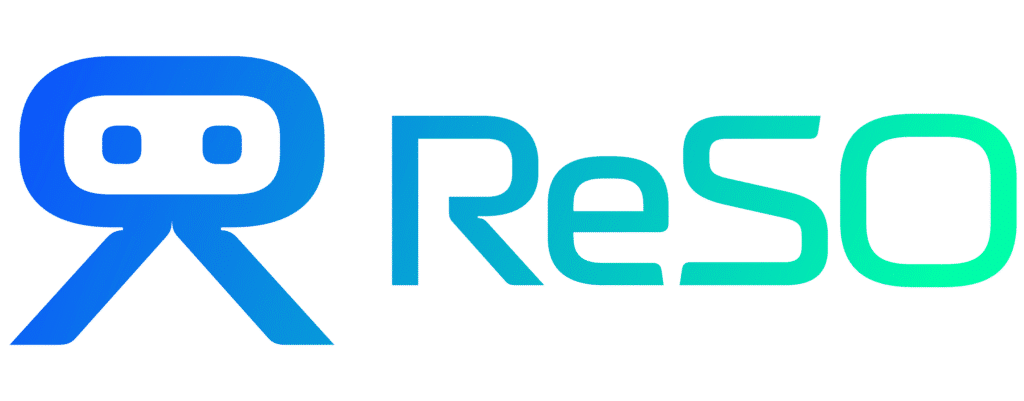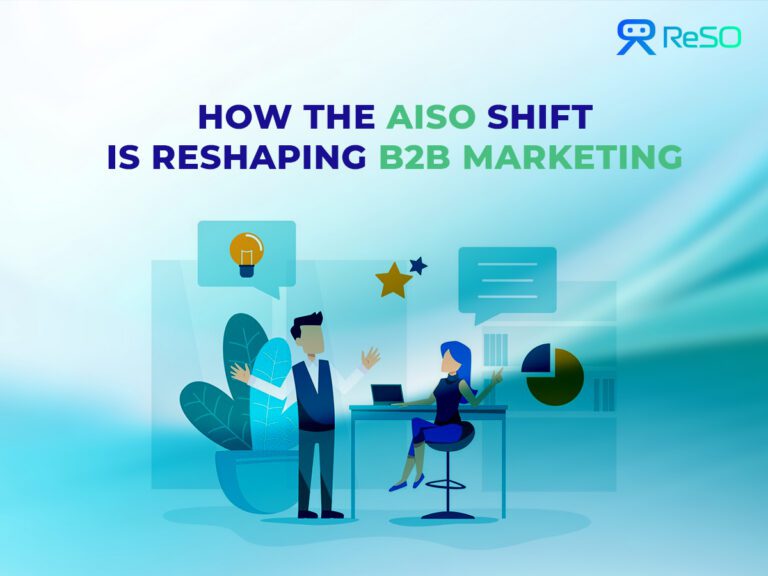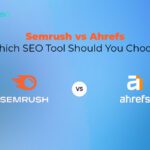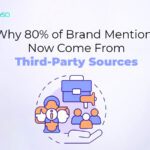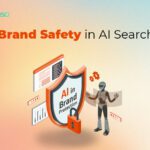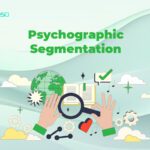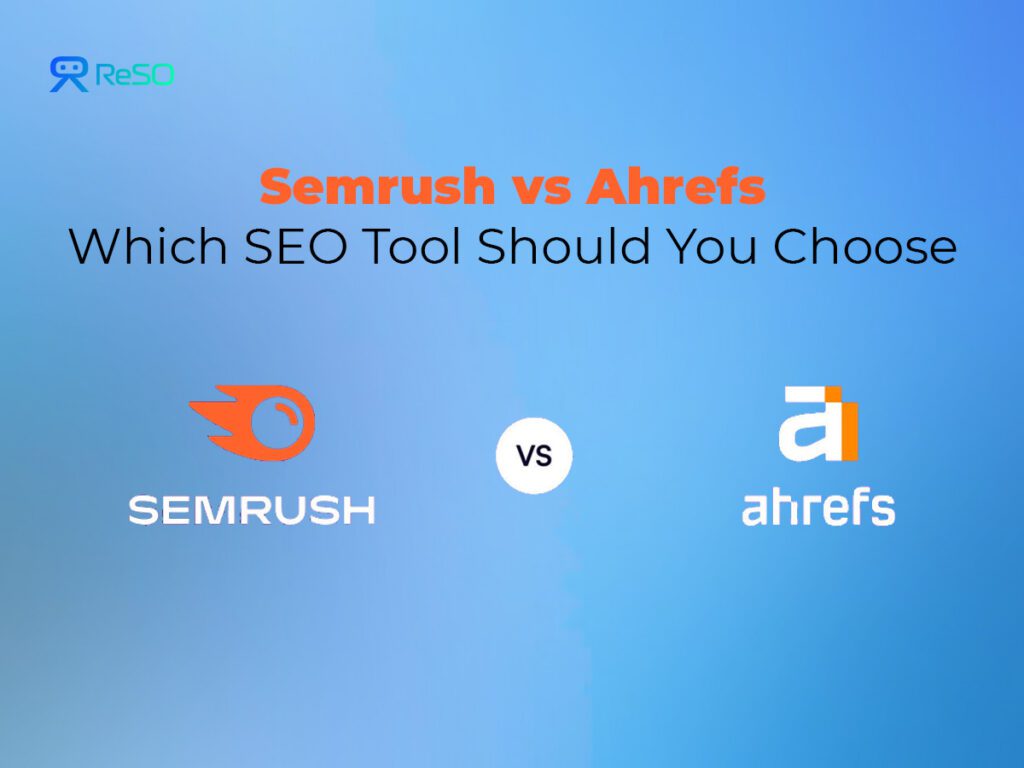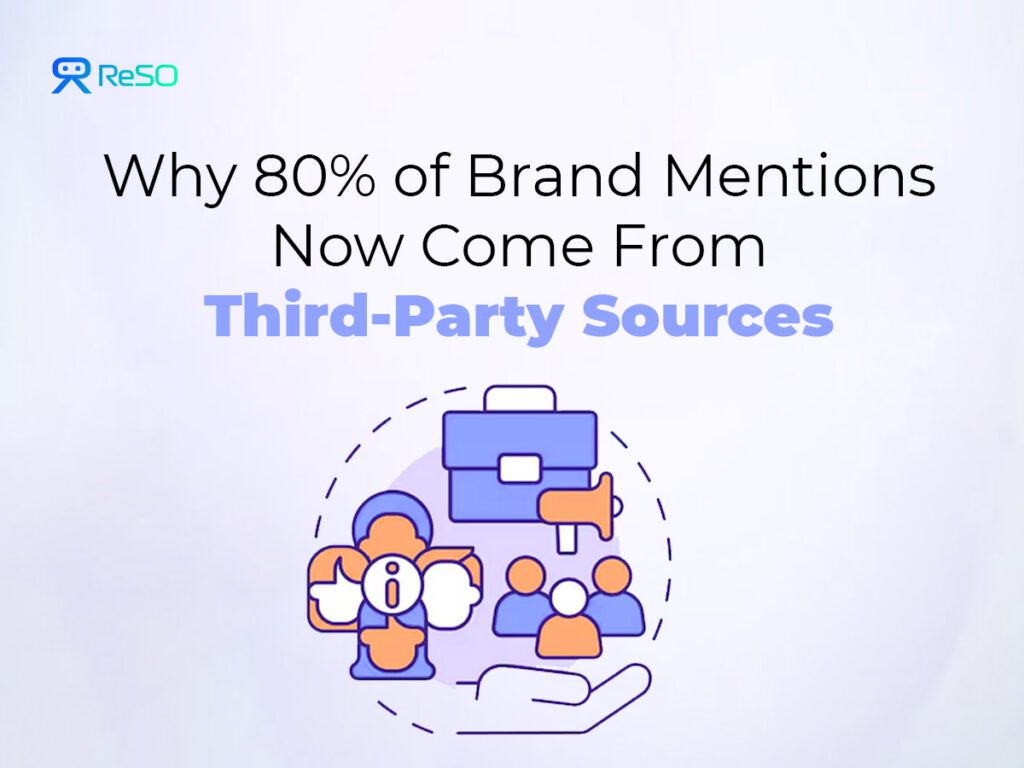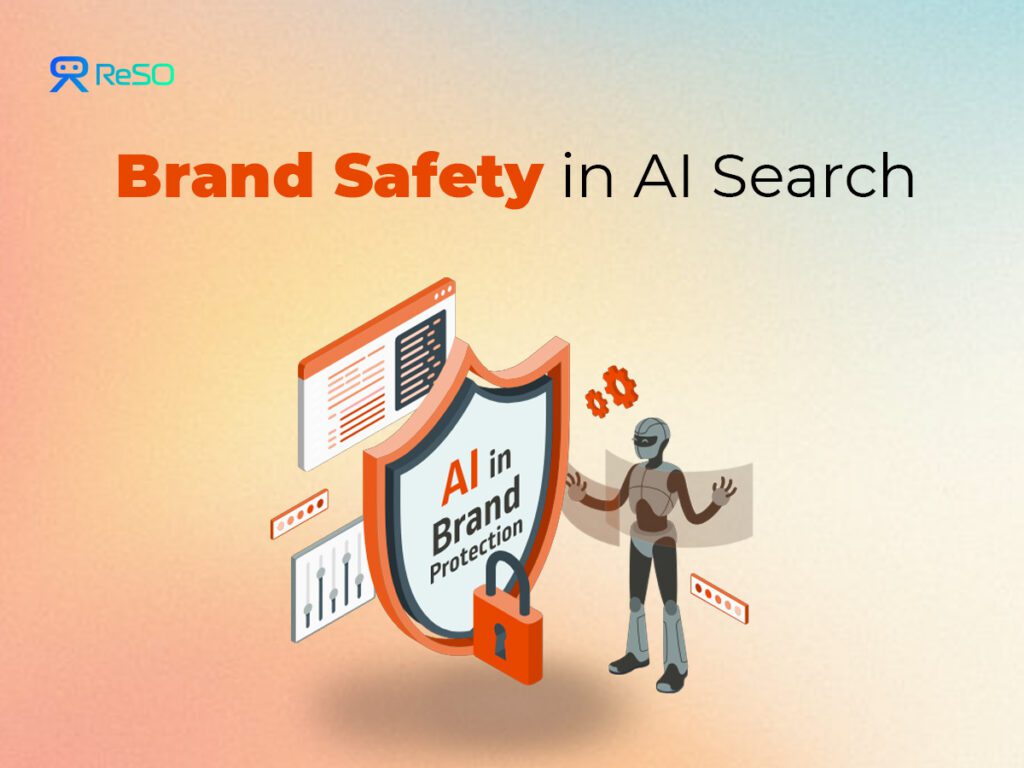Traditional search traffic is on the decline, and AI-driven search looks set to take over by 2028.
That means the old ways of chasing Google rankings alone won’t cut it anymore. Our analysis of over 500 high-impact SEO and digital marketing prompts across AI platforms like ChatGPT, Claude, Perplexity, and Google AI reveals a clear narrative:
AI search traffic will likely surpass traditional search traffic by early 2028, potentially earlier if Google rolls out its AI Mode fully.
Visitors coming from Large Language Models (LLM) powered search are 4.4X more valuable on average than traditional search visitors. They arrive better informed, closer to conversion, and often come through recommendation-like AI responses.
You don’t need to rank in Google’s top 20 search results to appear in AI-generated answers. Nearly 90% of ChatGPT citations link to pages outside traditional top rankings.
Community-driven sites like Quora and Reddit dominate AI citations, shaping top-of-funnel AI visibility.
Half of ChatGPT’s cited links point to business or service websites, showing strong citation potential for your owned content when it’s optimized for LLM consumption.
What This Really Means For B2B Marketers
It means a major paradigm shift. You can’t just think in keywords anymore; you need to think in prompts and how your content gets chunked, cited, and woven into AI-generated responses. Start optimizing for AI visibility because traditional SEO will be only part of your strategy going forward.
Now that’s the big picture.
How Does This Affect B2B Marketing Specifically?
1. The Value of AI Search Visitors
AI-driven visitors are more qualified. They come closer to the conversion stage because AI tools process intent in a conversational, problem-solving way. According to McKinsey, companies adopting AI in marketing and sales have already seen revenue uplift as high as 15% and sales ROI uplift of over 20% (Page 8: McKinsey, 2023).
That kind of efficiency and precision is what AI search visitors bring to your digital doorstep.
2. Ranking Beyond the Top Spots is Possible, and Crucial
In traditional SEO, the pressure to rank #1 on Google can be immense. But AI-generated answers pull from a wider range of sources, including pages that barely rank on the first page or even beyond. This means well-crafted, LLM-optimized content on your site still has a good shot at being surfaced.
For B2B marketers, producing prompt-friendly, chunkable content tailored for AI is essential. Forrester reports that 56% of B2B marketers are already prioritizing AI visibility in 2025 (Paragraph 2: Forrester, 2025).
3. Community Content Shapes the AI Landscape
Quora and Reddit’s dominance in AI citations tells you something important: community-led content influences discovery and awareness. For B2B, this extends to places like Stack Overflow, Product Hunt, or even niche Slack groups. Gartner highlights that 77% of B2B buyers now state their buyer journey is self-directed and largely independent from sales reps, which underscores the role communities and AI-enabled discovery play (Paragraph 3: Gartner, 2024).
4. Your Website Isn’t Dead, It’s Just Changing
50% of AI citations point to business or service websites. But to rank here, your content has to be structured differently: prompt-optimized, easy to cite, and designed for snippet-style use. Think short, value-packed chunks that answer specific questions directly.
Deloitte notes that B2B buyers consume, on average, 10–17 pieces of content before making a purchase decision, and AI answers increasingly act as the aggregator of those pieces (Paragraph 4: Deloitte, 2024).
What to Do Now: Act Like It’s 2025 (Because It Is)
- Start thinking beyond keywords: map your content around conversational prompts and expected questions.
- Create modular, chunkable content that’s rich with citations and easy-to-reference data.
- Monitor your digital footprint across LLM platforms, not just Google.
- Lean into data-driven storytelling: clear outcomes resonate more than technical details.
AI adoption in B2B marketing and sales is already expanding at a massive pace. By 2025, Gartner predicts that 70% of sales teams will use AI-driven automation to speed processes and boost sales efficiency (Paragraph 5: Gartner, 2025).
McKinsey forecasts a $1 trillion potential productivity boost from generative AI in sales and marketing alone (Paragraph 6: McKinsey, 2023).
Meanwhile, 56% of B2B marketers rank AI as a high-to-medium priority in 2025 (Paragraph 7: Forrester, 2025). The AI-driven shift isn’t coming; it’s here.
The Attribution Revolution: Measuring B2B Success in the Zero-Click Shift
The Broken Attribution Model
Here’s the thing: traditional funnels don’t explain the way buyers now move. That linear “Website visit → Form fill → MQL → Opportunity” model no longer captures a buyer powered by AI responses, community credibility, and a compressed pipeline.
According to Bain, 85% of B2B buyers already stick to their “day one” list of vendors (see paragraph 2). That means if your brand isn’t discoverable early in those AI and community-shaped moments, you’re essentially locked out.
Pipeline Compression Risk
Brands that fail at visibility inside AI search run into measurable pipeline shrinkage. Deloitte found that B2B companies failing to adapt to AI-driven discovery experience up to 14–18% shrinkage in pipeline opportunities (Paragraph 9: Deloitte, 2024).
New Success Metrics That Matter
AI-Specific KPIs
Success will hinge on AI-friendly metrics: citation frequency, semantic relevance, vector database presence. These are the equivalent of page rank signals in the AI era.
Brand Influence Indicators
Look at share of voice, assisted conversions, branded search volume. These soft metrics become harder currency when buyers are discovering you through AI answers instead of clicking a paid ad.
Quality Over Quantity
B2B companies already upgrading attribution frameworks report AI-referred traffic delivers three times the engagement length and higher conversion likelihood compared to legacy search referrals (Paragraph 10: McKinsey, 2024).
Practical Measurement Framework
Multi-Touch Attribution Models
Extend attribution windows to capture delayed conversions. A single AI mention might lead to a buying decision weeks later—but only if you track it smartly.
Sales Enablement Integration
Train sales teams to capture AI attribution data during prospect calls. Ask “Where did you first hear about us?” and don’t be surprised when ChatGPT becomes the new answer.
Dashboard Integration
Combine analytics with AI mention monitoring. Track how often your content gets cited inside platforms like Perplexity or ChatGPT.
What Is ReSO’s Takeaway?
If you want a lasting edge in B2B marketing and AI Search Optimization, your strategy must reflect the transition to AI-powered discovery. Embrace AI search optimization by creating prompt-friendly content, monitoring AI citations, and leveraging community channels. This is how you’ll win over the new generation of smart, AI-savvy buyers.
Have you started shifting your SEO and marketing strategy for AI search visibility? ReSO specializes in AI Search Optimization for your B2B growth. Book your first call with us.
Frequently Asked Questions
1. Why are AI search visitors more valuable than traditional organic search traffic?
AI search visitors are more valuable because they arrive with higher intent and context. AI engines pre-qualify users by interpreting their needs, comparing options, and recommending solutions, so visitors come better informed and closer to a decision. This leads to longer engagement, higher conversion likelihood, and stronger downstream revenue impact than traditional organic traffic.
2. How can brands appear in AI-generated answers without ranking on Google’s first page?
Brands can appear in AI answers without ranking on Google’s first page because AI engines don’t rely on traditional SERP positions. They select content based on how clearly it answers a prompt, how easy it is to extract and cite, and how trustworthy it appears. Well-structured, prompt-aligned content with clear entities, concise answers, and credible signals can be cited even if it ranks far beyond the top results.
3. How is AI search changing B2B buyer journeys?
AI search changes B2B buyer journeys by compressing research and decision-making into fewer, earlier interactions. Buyers increasingly form shortlists through AI answers and community validation before visiting websites, reducing visible touchpoints. As a result, attribution shifts from last-click models to influence-based metrics that track citations, brand recall, and assisted conversions rather than direct traffic alone.
4. How should B2B content be structured to get cited by LLM?
B2B content should be structured as clear, standalone answers that AI systems can easily extract and reuse. Each section should address a specific question directly, use concise headings, and deliver the core answer within the first few sentences. Short paragraphs, bullet points, FAQs, and modular sections make content citation-ready and gain trust for LLM-powered search engines.
5. What risks do B2B brands face if they don’t adapt to AISO now?
B2B brands that don’t adapt to AISO risk becoming invisible at the earliest stages of buyer discovery. As AI answers replace search results, brands that aren’t cited lose consideration before buyers ever visit a website. This leads to weaker brand recall, smaller shortlists, pipeline shrinkage, and long-term competitive disadvantage as AI systems reinforce visibility around a narrow set of trusted sources.
